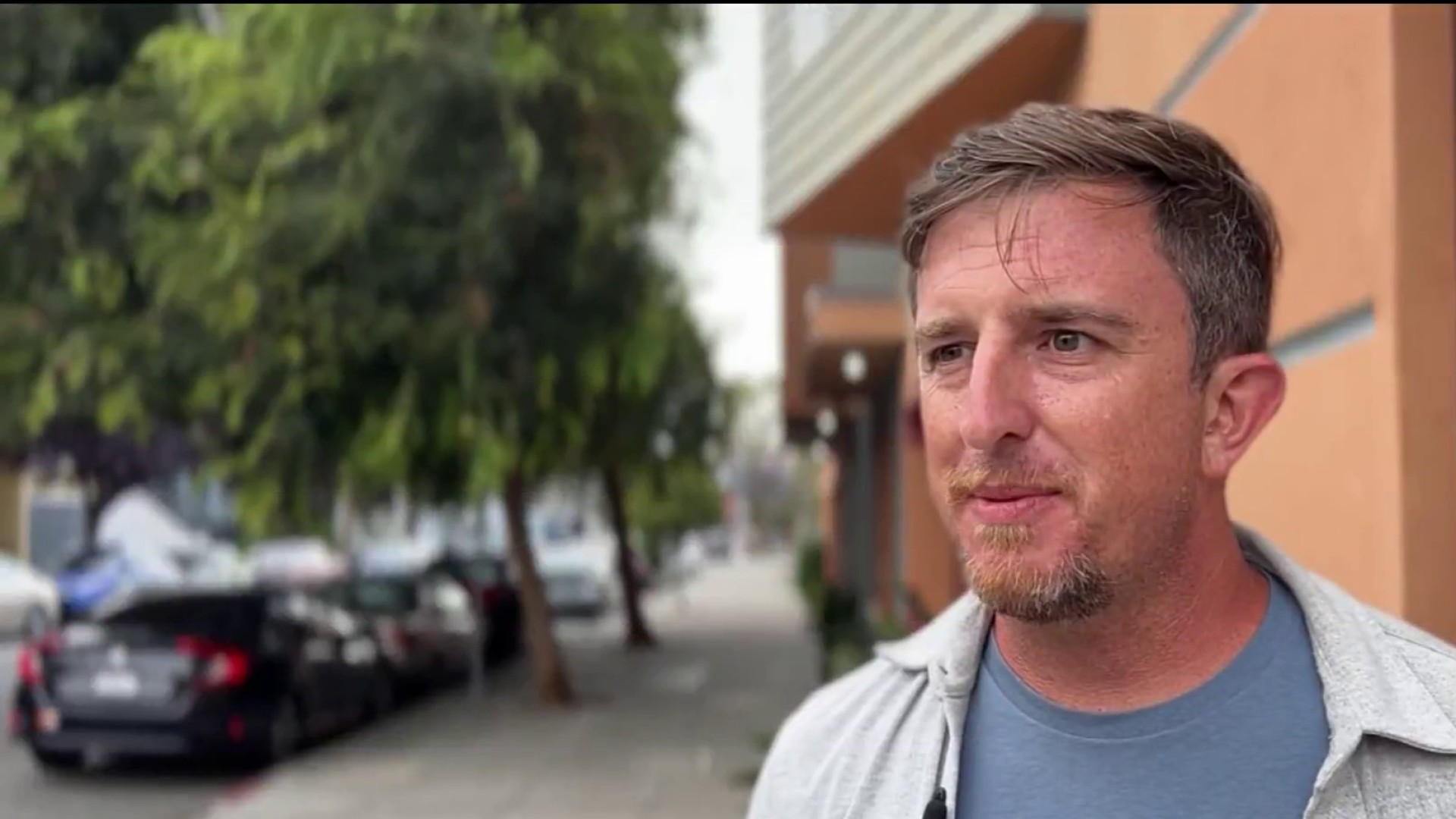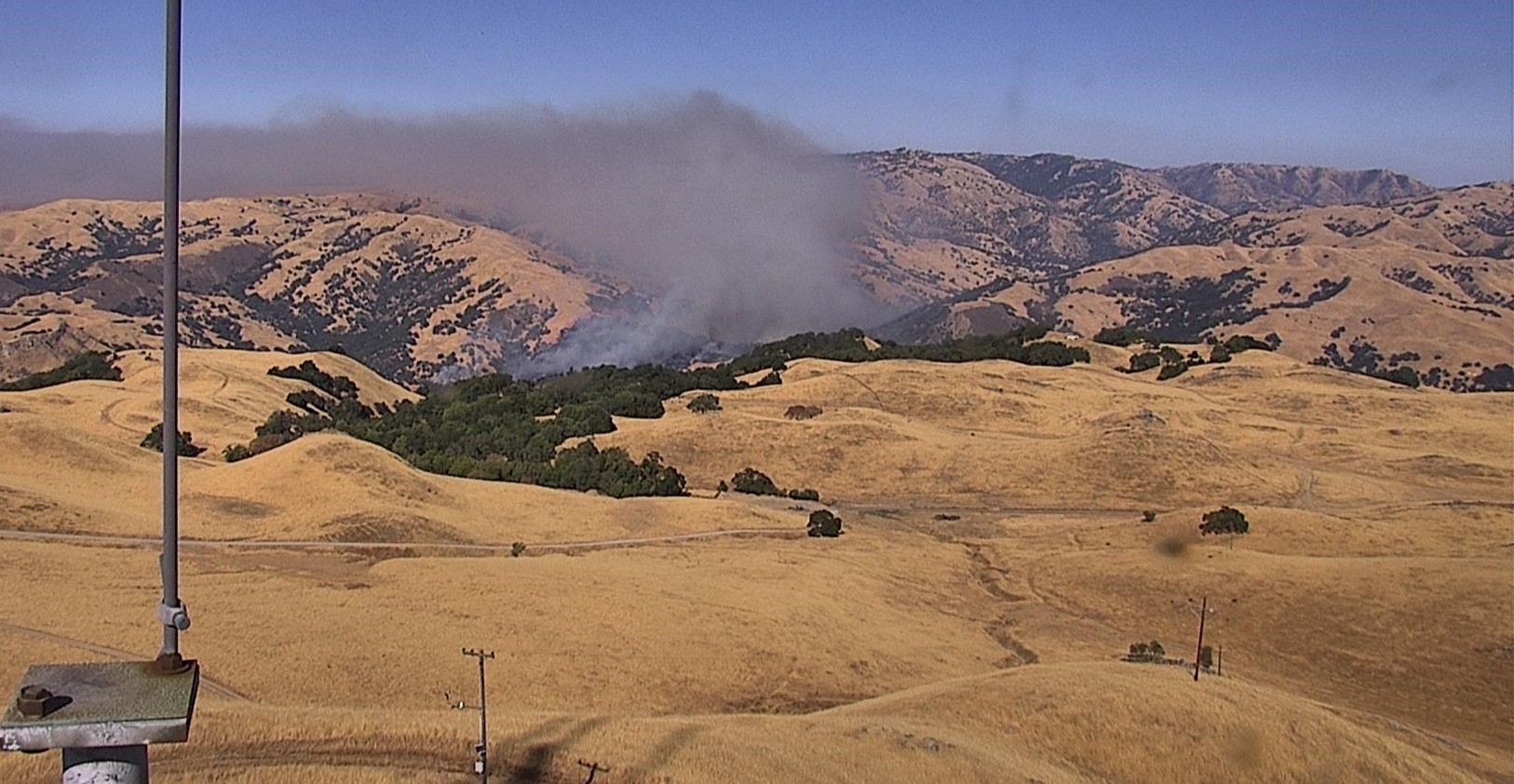New data shows hate crimes against Muslim Americans are at their highest levels since the weeks immediately following the September 11th attacks. Researchers say sentiments coming from Republican presidential nominee Donald Trump and others cannot be dismissed as contributors to anti-Muslim attacks.
“After 9/11, that has shown a significant increase. In fact, the second biggest number of anti-Muslim hate crimes since 2001 and the most precipitous rate of increase since 2001. So this is a disturbing development and one for concern,” study author Brian Levin said.
Over the weekend, the Cal State San Bernardino professor and director of the Center for the Study of Hate and Extremism released new data showing hate crimes against Muslim Americans were up 78 percent last year and 122 percent just in California.
This is in sharp contrast to overall hate crimes, which were up by 5 percent. Other serious increases include anti-Arab and anti-gender/transgender incidents, with increases of 219 percent and 40 percent, respectively.
More, in the four days immediately following Trump’s call for a ban on Muslims, researchers say there were 15 anti-Muslim hate crimes, an increase of 87 percent.
“[The San Bernardino attack] might have been the fuel, and the match may well have been these statements,” Levin said, contrasting it to President George W. Bush’s speech “Islam is Peace” in the days after the 9/11 attacks. “After President Bush’s statement in September of 2001, hate crimes declined precipitously by as much as 66 percent.”
Levin is the author of the nonpartisan study. FBI data will not be out until November, but Levin says he used law enforcement criteria and standards to categorize the hate crimes from 20 states. And he did not count some incidents previously reported by advocacy groups as hate crimes because they were “clearly not motivated by prejudice.”
Local
Regardless, the record levels are still there, and Levin says the problem now is that the hate crimes don’t seem to be stopping.
“There has been a deep reservoir of prejudice against Muslims. After a terrorist event, we see a dramatic increase in hate crimes directed against Muslims, and it appears that now that increase is being sustained, certainly at somewhat lower levels, but it is a sustained increase,” Levin said.
The Council on American Islamic Relations Executive Director Zahra Billoo says there has been a sense of “heaviness” in the past year.
“The last year has felt like a nonstop daily assault on myself and members of the Muslim community,” Billoo said, explaining she told her staff to brace itself for hate calls in the days after the bombings in New York City and New Jersey and the stabbings in Minnesota. She has also heard stories of Muslim American parents on the East Coast afraid to send their children with the name “Ahmad” to school, fearing they will be bullied.
CAIR’s office in Santa Clara was one of two that received an envelope filled with an unknown powder in December, after a prior terror attack.
Billoo says even if Trump loses in November, the damage to the community’s reputation is done.
“For us, no matter what happens, the groundwork has been laid to normalize bigotry in a way we haven’t seen in the last 15 years. So we’re worried it’s not slowing down,” Billoo said.
Levin says with the data he has, he cannot predict whether there will be a new wave of anti-Muslim hate crimes after the New York City attack last weekend. What is important, he says, are the words everyone chooses to use in the coming days.
Read the full report here.



